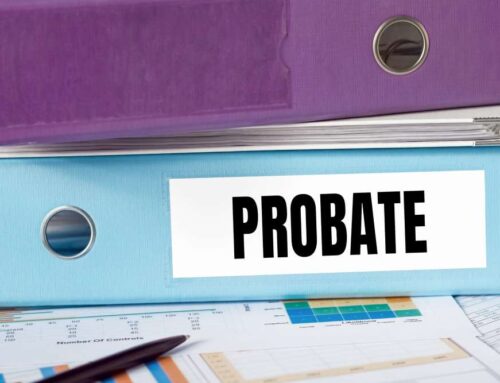What is a Lasting Power of Attorney? Making a Lasting Power of Attorney (LPA) is an important step in planning for your future. A Lasting Power of Attorney is a legal document that allows you to appoint one or more people, also known as your ‘attorneys,’ to manage your affairs. There are two types of LPA:
- Health and Welfare Lasting Power of Attorney: This allows your attorney to make decisions about your health care, medical treatments and more.
- Property and Financial Affairs LPA: This gives your attorney the authority to manage your financial matters, including paying bills, managing investments, and handling property.
Both types of LPA are equally important, and many people choose to set up both to ensure they are covered in all aspects of their life.
Why Is It Important to Have an LPA in Place?
An LPA ensures that someone you trust can make decisions for you if you are no longer able to do so. Without an LPA, if you lose mental capacity, the Court may need to appoint a guardian or deputy to manage your affairs. This can be a lengthy, stressful, and costly process for your loved ones. Having an LPA in place can avoid these complications and ensure that your wishes are respected.
When Should You Make a Lasting Power of Attorney?
Each situation is unique, but here are some important considerations to help you decide the right time to make an LPA.
1. While You Are Still Mentally Capable
The most important factor when deciding to make an LPA is ensuring that you are mentally capable of understanding the document and the decisions you are making. In other words, you should make your LPA while you are still able to make decisions for yourself. Once you lose mental capacity, you cannot create an LPA. This is why it is good to consider making an LPA as part of your early estate planning, rather than when a sudden illness or accident were to happen.
It is also worth noting that the process of registering an LPA can take several weeks, so it is important to allow enough time for your application to be processed. Waiting until you need an LPA can lead to unnecessary delays and challenges.
2. When You Experience Life Changes
Certain life events can make it a good time to consider setting up an LPA. These events could include:
- Getting older or developing health concerns.
- Becoming a parent or grandparent.
- Entering into a new relationship or getting married.
- Starting a business or managing significant assets.
- If you have recently experienced a serious illness or health scare.
Life changes can affect your health, finances, or ability to make decisions. Setting up an LPA after a major life change helps ensure that you have the support you need when you need it the most.
3. If You Want Control Over Your Future
One of the main reasons to make a Lasting Power of Attorney (LPA) is that it allows you to maintain control over your future. By choosing your attorney(s) in advance, you can ensure that your affairs are managed by someone you trust. You can also specify the types of decisions your attorney is allowed to make, giving you greater influence over the process.
If you do not make an LPA and later lose mental capacity, the court will step in and appoint a deputy to manage your affairs. This person may not be someone you would have chosen and may not fully understand your wishes. Creating an LPA can also help avoid disputes between family members over who should be appointed as a deputy.
An LPA ensures that your wishes are respected, even if you are no longer able to communicate them.
How to Create a Lasting Power of Attorney
Creating an LPA is straightforward, but it does require careful consideration. Here is how to get started:
- Decide Who Will Be Your Attorneys: Think about who you trust to make decisions on your behalf. You can appoint one or more people to act as your attorney.
- Choose the Types of LPA You Want to Set Up: You may choose to set up one or both types of LPA: Property and Financial Affairs, and Health and Welfare.
- Arrange a Meeting with Us: We will conduct a meeting to ensure your wishes are soundly recorded. We will send the documents to you for your approval. We can also meet with and advise your attorneys regarding their role and responsibilities if you would like us to do so.
- Sign the Forms: Once you are happy with the LPAs, you will need to sign the LPA in front of an independent witness. Most of our clients find it easier to come back to our office so we can act as their witnesses and certificate providers. Your attorneys will also need to sign to confirm they agree to their responsibilities.
- Register the LPA: After completing the forms, we will submit them for registration with the Office of the Public Guardian. This can take up to 8-10 weeks.
Making a Lasting Power of Attorney may seem like a difficult or unnecessary step, but it is one of the most important ways to ensure your future is in safe hands. It is there to ensure that your wishes are respected, your financial and personal affairs are taken care of, and your loved ones are spared unnecessary stress. If you would like to book an appointment to discuss your LPAs, please contact us on 0118 9589711 or email info@barrettandco.co.uk, and our Private Client team will be happy to assist you.




